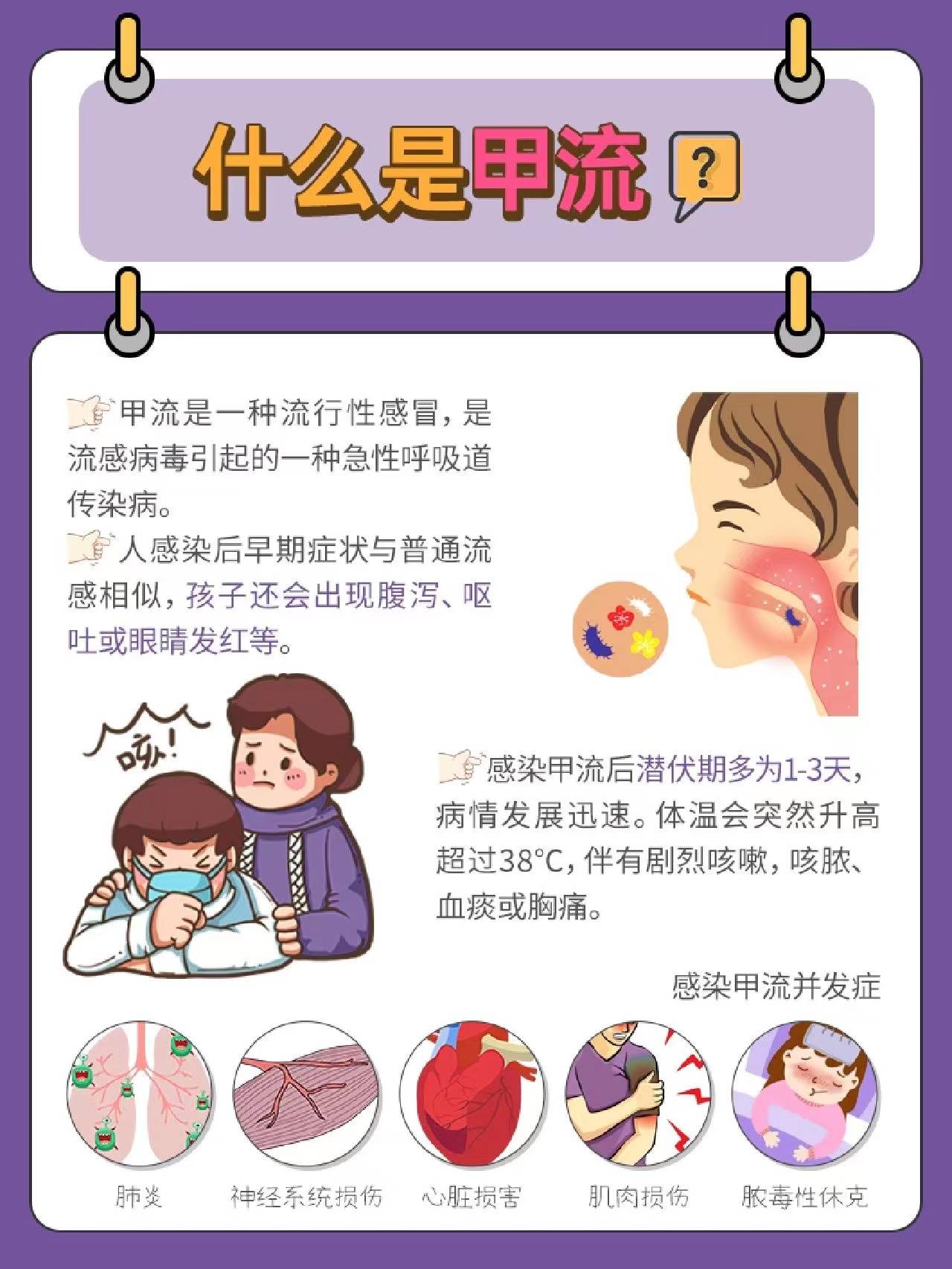摘要:,,Can We Overcome Influenza A Without Medication? 研究探讨的是是否可以通过非药物手段克服流感A。摘要指出,虽然药物治疗是应对流感的主要手段,但健康的生活方式、充足的休息、保持良好的饮食和适当的锻炼等非药物措施也被认为在缓解流感症状和提高康复速度方面起着重要作用。对于严重病例,仍需要依赖医疗专业人员的建议和药物治疗。
In the realm of infectious diseases, influenza A, commonly known as "甲流", is a significant concern. It is a contagious respiratory illness caused by the influenza A virus, which can lead to severe symptoms ranging from mild to severe illness and even death. The question on everyone's lips is, can we overcome this infection without seeking medical attention?
The answer to this question depends largely on the individual's overall health status and the severity of the infection. While mild cases of influenza A might resolve on their own with adequate rest and care, it is crucial to understand that not all cases are mild. In fact, severe cases of influenza A can lead to serious health complications and even death if not promptly treated.
For those with mild symptoms, it is essential to rest and allow the body's natural immune system to fight the infection. Drinking plenty of fluids, getting adequate sleep, and avoiding exposure to secondary infections can help the body recover faster. However, even with mild symptoms, it is essential to monitor the condition closely. If symptoms worsen or persist for more than a few days, seeking medical attention is crucial.
On the other hand, individuals with severe symptoms or underlying health conditions should not wait for their bodies to overcome the infection on its own. Seeking prompt medical attention is crucial in such cases. Antiviral medications are often prescribed to treat influenza A and can significantly reduce the severity of symptoms and prevent further complications. Additionally, early treatment with antiviral drugs can also reduce the spread of the infection to others.
It is also important to note that influenza A is highly contagious and can easily spread through contact with respiratory secretions. Therefore, even if an individual thinks they might have overcome the infection on their own, it is crucial to avoid spreading it to others. This can be achieved by practicing good hygiene habits like covering coughs and sneezes, avoiding close contact with others, and washing hands frequently.
Moreover, it is vital to understand that influenza A can also lead to complications like pneumonia, bronchitis, and sinus infections. These complications can further worsen the condition and require prompt medical attention. Therefore, it is essential to seek medical advice if any unusual symptoms or complications arise during the course of infection.
In conclusion, while mild cases of influenza A might resolve on their own with adequate rest and care, it is crucial to seek prompt medical attention for severe cases or if symptoms persist or worsen. Antiviral medications and other treatment options can significantly reduce the severity of symptoms and prevent further complications. Additionally, it is essential to practice good hygiene habits to avoid spreading the infection to others. Ultimately, it is always advisable to consult a healthcare professional for proper diagnosis and treatment recommendations if you suspect you have influenza A or any other illness.
In summary, while the body's natural immune system can overcome some infections on its own, it is crucial to seek medical attention for influenza A to ensure proper diagnosis and treatment. This approach can help reduce the severity of symptoms, prevent complications, and ensure a speedy recovery. Moreover, it can help contain the spread of the infection to others, protecting the community's health and well-being.




 陇ICP备2023000609号
陇ICP备2023000609号